Make Sure Your Charitable Letters Meet IRS Requirements
With the 2015 personal income tax return filing deadline fast approaching, it’s important to have all of last year’s paperwork in order. Even if you are going to extend the return, you still need to estimate your tax liability (and, if necessary, make a payment). This year the deadline is April 18 – April 19 if you are a tax resident of Massachusetts or Maine.
One thing many taxpayers tend to overlook is ensuring that they have properly documented contributions to charity. We have been hearing from many of our clients’ CPA firms that, upon audit, the IRS is disallowing charitable deductions if the documentation is not completely correct – especially where gifts to religious organizations are concerned.
The IRS has published helpful tools for taxpayers to use, in particular, this one.
The rules vary depending on the type of gift (cash vs. goods, for example) and the amount of the gift, but for individual cash gifts of $250 or more, a written acknowledgement from the charity to the taxpayer is required, and it must contain specific information. It is surprising how many large charities, including religious organizations, do not adhere to these rules.
Here is what the IRS says (in part):
A donor cannot claim a tax deduction for any single contribution of $250 or more unless the donor obtains a contemporaneous, written acknowledgment of the contribution from the recipient organization. An organization that does not acknowledge a contribution incurs no penalty; but, without a written acknowledgment, the donor cannot claim the tax deduction. Although it is a donor’s responsibility to obtain a written acknowledgment, an organization can assist a donor by providing a timely, written statement containing the following information:
- name of organization
- amount of cash contribution
- description (but not the value) of non-cash contribution
- statement that no goods or services were provided by the organization in return for the contribution, if that was the case
- description and good faith estimate of the value of goods or services, if any, that an organization provided in return for the contribution
- statement that goods or services, if any, that an organization provided in return for the contribution consisted entirely of intangible religious benefits*, if that was the case
*Intangible Religious Benefits Exception — If a religious organization provides only “intangible religious benefits” to a contributor, the acknowledgment does not need to describe or value those benefits. It can simply state that the organization provided intangible religious benefits to the contributor. What are “intangible religious benefits?” Generally, they are benefits provided by a tax-exempt organization operated exclusively for religious purposes, and are not usually sold in commercial transactions outside a donative (gift) context. Examples include admission to a religious ceremony and a de minimis tangible benefit, such as wine used in a religious ceremony. Benefits that are not intangible religious benefits include education leading to a recognized degree, travel services, and consumer goods.
Note that the burden is on the taxpayer, not the charity, to get it right. And it is requirements 4, 5, and 6 that trip up most taxpayers on audit – especially number 6.
So please make sure not only that you have the acknowledgments, but that they comply with the IRS rules. If they don’t, contact the charity and get them to issue a corrected letter before you file your tax return. Of course, JDJ stands ready to assist our clients with this important process.



















